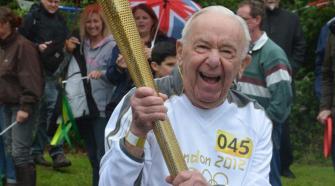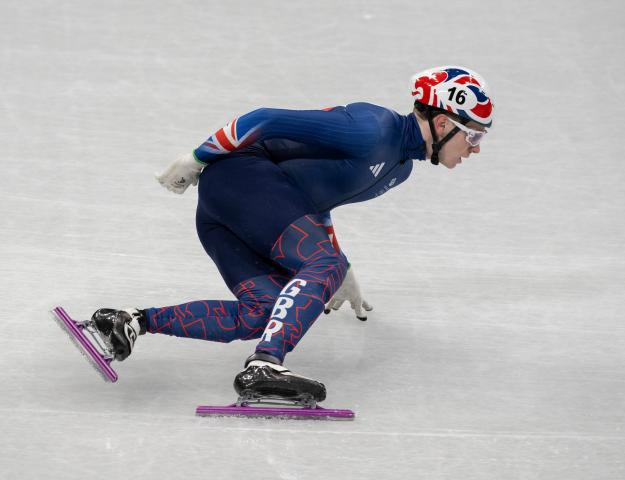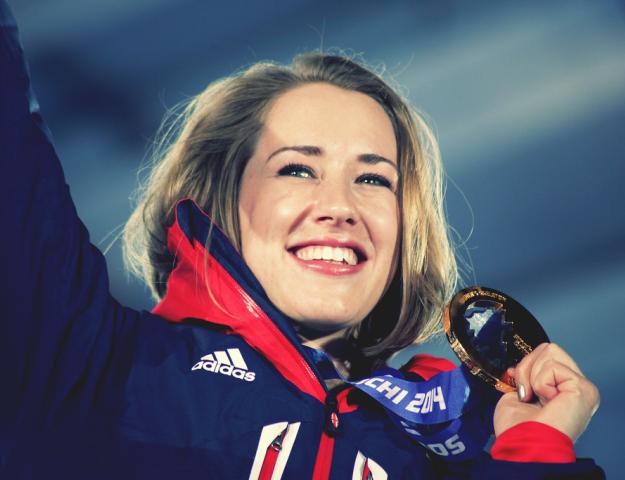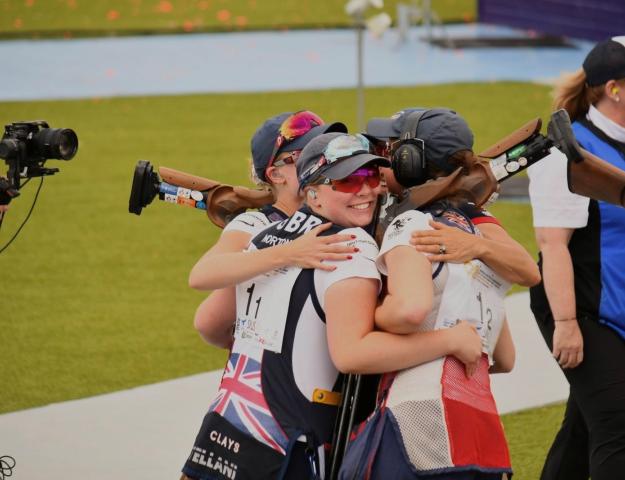Image

When Paul Zetter became one of SportsAid’s founding fathers ahead of the Montreal 1976 Olympic Games, he could not have imagined the impact it would go on to have.
Launched as part of a plan involving Denis Howell, the UK’s first Sports Minister, the Sports Aid Foundation - the precursor to SportsAid - was created to provide appropriate funding, in the absence of Government support, to allow the country's top athletes to compete against usually better-resourced overseas rivals.
There was an instant impact as SportsAid beneficiaries Sharron Davies, Duncan Goodhew and David Wilkie, the latter of whom won gold and silver, all made their mark in Canada. The SportsAid awards were financed through the Football Pools – of which Paul was Chairman - and the private sector, giving athletes the opportunity to train full-time and completely turn their attention to their sport.
SportsAid maintained this role until the arrival of National Lottery funding in 1997 when UK Sport was established to oversee the strategic investment of Great Britain's Olympic and Paralympic teams. From this point onwards, SportsAid began to focus solely on helping talented young athletes - the next generation - as they progress up the pathway and aim to fulfil their sporting ambitions.
Over the past five decades, SportsAid, pre-and-post Lottery, has supported countless athletes who have gone on to seal their place in British sporting history. Sir Steve Redgrave, Baroness Grey-Thompson, Dame Sarah Storey, Daley Thompson CBE and Dame Jessica Ennis-Hill are among those who have become household names having benefitted from SportsAid during their careers.
Paul was a huge part of that success - serving as SportsAid’s first Chairman and witnessing historic moments such as Torvill and Dean’s iconic Bolero in 1984. Last weekend, Paul sadly passed away at the age of 98 following a life dedicated to sport and supporting aspiring athletes. He was known and loved by countless SportsAid athletes over the years, forming lifelong friendships with many of them.
“Not only did he help these sports people, he actually became their friends, their mentors and everything else,” said his daughter Carrie. “He followed their career, he supported them - whenever he could in person - at events. It’s quite remarkable, actually. He was so passionate about it.
“I had a text yesterday from Karen Barber saying: ‘What an amazing, wonderful man. Such an inspiration. Someone that helped steer my life with encouragement and advice. He made me believe anything was possible and I will always be grateful to have had him in my life.’
“He was beyond proud of what SportsAid achieved. It was incredibly special to him. He was passionate about all sports, but to actually be personally involved and be able to help these people, and then have the success from that as well, is beyond imaginable.
“He loved the people, he loved mixing in those circles, he loved watching it.”
Paul’s influence on British sport has been felt by countless athletes, one of those being rower Chris Baillieu MBE – who would also later become Chairman of SportsAid. Chris was one of the first athletes to receive SportsAid funding and went on to win a double sculls silver medal at the 1976 Olympics. He benefitted from eight years of SportsAid support before retiring from the sport in 1984.
“I was involved in SportsAid right from its origins as one of the first athletes to be helped,” said Chris. “Paul was very much the giant in the room as he was the Chairman and very much a father figure really. It was his inspiration that helped put funding in place for British athletes. I remained very much involved in SportsAid throughout the years, largely because of the inspiration of seeing Paul and the small band of people back in the mid-1970s.
“He was very much a people person and he was really interested in talking to young people and athletes, and encouraged all of us. He was altogether very nice and a very good person. I remained a great fan and I was able to stay in touch with him in the latter years. His enthusiasm never dipped. He was absolutely great and he made a real difference, without doubt. He did a huge service to British sport as part of a movement to support British athletes, it was very far-sighted and very perceptive. Paul was fantastic, I can’t speak more highly of him really.”
The legacy left by Paul and the founding fathers of SportsAid still lives to this day. 141 medals from across the Tokyo 2020 Olympics and Paralympics were won by athletes who had once received support from the charity, while 139 medals were amassed by former beneficiaries at the 2018 Commonwealth Games on the Gold Coast. And while this legacy is already remarkable it is important that it continues to grow – a feeling Paul shared when SportsAid celebrated its 45th anniversary last year.
"You can't ask a young person who's leaving school and is a fine athlete, to not have support, which was where the Sports Aid Foundation was able to come in and help,” said Paul. “The Lottery did a huge effort to take that burden away but SportsAid saw an opportunity to look after the young people, which is amazing. To still be talking about it now, it shows we've created something of value with the Sports Aid Foundation. And for SportsAid to still have a major impact now is absolutely wonderful.”
SportsAid sends it deepest condolences to Paul’s daughter Carrie, son Adam and their family and friends. Paul was a founding father of the charity and part of its DNA – shaping the organisation’s values and purpose. He was an inspirational leader and his legacy will live on.



